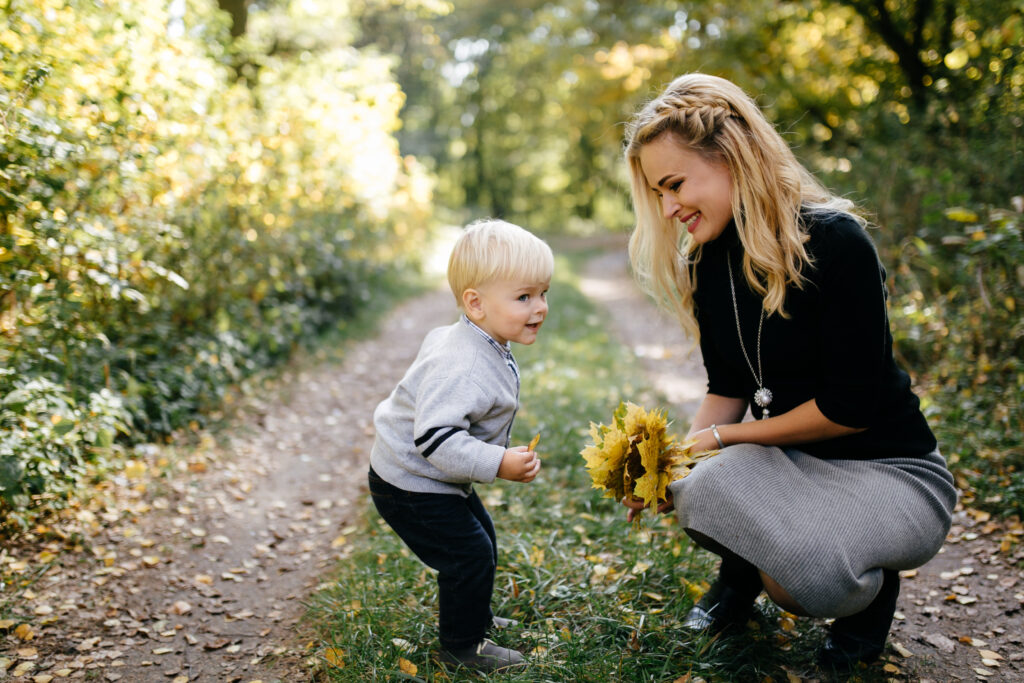What Is Conscious Parenting? A Beginner’s Guide

Parenting is one of life’s most beautiful—and challenging—journeys. Yet, many of us step into it without a roadmap. We may fall back on the way we were raised or react out of frustration, often wondering, “Am I doing this right?” At Vedangi Brahmbhatt, we believe that parenting isn’t just about raising children—it’s about raising ourselves in the process. Becoming the conscious parent means intentionally showing up in your relationship with your child, not just to teach them—but to grow with them. In this beginner’s guide, we’ll walk you through the foundations of conscious parenting, why it matters, and how to begin applying it in your own family. Whether you’re the parent of toddlers or teens, this gentle, present-focused approach offers lasting tools for connection, healing, and transformation. 1. What Is Conscious Parenting? At its core, conscious parenting is about being emotionally aware, present, and intentional in your relationship with your child. Rather than seeking to control behavior through punishment or reward, the conscious parent focuses on understanding what drives behavior, and how their own emotions play a role in shaping responses. Unlike traditional parenting models, conscious parenting emphasizes: This approach is deeply tied to mindful parenting, where awareness of your child’s needs begins with awareness of your own inner world. As any child development specialist will tell you, children don’t need perfect parents—they need present ones. This is also where nonviolent communication becomes a powerful tool, helping parents and children communicate in a way that prioritizes empathy, needs, and connection over conflict. 2. Why Conscious Parenting Works In today’s fast-paced, achievement-driven world, children face immense pressure. Conscious parenting offers an antidote: safety, presence, and empathy. Here are three powerful benefits of conscious parenting: A. Strengthens Emotional Intelligence When you respond instead of react, your child learns that emotions are safe and manageable. Over time, this builds emotional regulation kids need to succeed in relationships, academics, and life. Even during toddler activities, how we respond to meltdowns—through grounding, soothing, and curiosity—affects how a child learns to process their own feelings. B. Deepens Parent-Child Connection Conscious parenting shifts the dynamic from “power over” to “relationship with.” This creates open channels of trust and respect. In fact, using active listening parenting strengthens this connection, allowing children to feel heard, seen, and supported—even when boundaries are needed. C. Encourages Growth for Both Parent and Child One of the most profound aspects of conscious parenting is that the work begins with us. When we pause to reflect on our own triggers, reactions, and inherited patterns, we begin to heal. This growth enables us to break generational cycles and model healthier behaviors for our children. Whether you’re learning how to respond with empathy, building new bedtime routines, or engaging in weekly family meetings, this process leads to true holistic child development—and self-development. 3. How to Begin Conscious Parenting at Home You don’t need a perfect home environment or years of training to start this journey. Conscious parenting begins in small, mindful steps. Here’s how: A. Practice Awareness Before Action Before correcting behavior, ask yourself: B. Create Safe Spaces for Dialogue Start a family meeting tradition, even if it’s just 10 minutes once a week. Use this time for emotional check-ins, gratitude sharing, or playful discussions. It creates a foundation of trust and collaboration. C. Use Positive Discipline with Compassion Discipline in conscious parenting isn’t about control—it’s about guidance. Use positive discipline strategies for toddlers and older children that focus on solutions instead of shame: These approaches reflect how to implement conscious parenting techniques at home, helping kids learn accountability in a safe, supported way. D. Prioritize Connection Over Perfection Your child doesn’t need you to be flawless. They need you to show up with presence, admit when you make mistakes, and repair when things break. If you’re navigating parenting with a partner or co-parent, conscious co-parenting tools (like those explored in Conscious Co-Parenting NJ) can help maintain consistency, reduce conflict, and protect emotional safety across two households. Final Thoughts: Conscious Parenting Is a Journey, Not a Destination You don’t have to have all the answers today. Conscious parenting is not a rulebook—it’s a relationship. It’s about learning, unlearning, and showing up with intention, again and again. At Vedangi Brahmbhatt, we’re committed to supporting your journey as the conscious parent. Whether you’re just getting started or ready to deepen your practice, remember: every moment of presence is progress. You have the power to raise connected, compassionate, emotionally resilient humans—starting with how you show up today. Tip of the Day: Next time you feel triggered, pause and say out loud, “I need a moment to think.” This teaches your child that emotional regulation is a strength—not a shutdown. Stay Connected: For tools, videos, and conscious parenting inspiration: 👉 Follow us on Instagram, and YouTube For the latest news and updates, click here to view our recent press releases.

